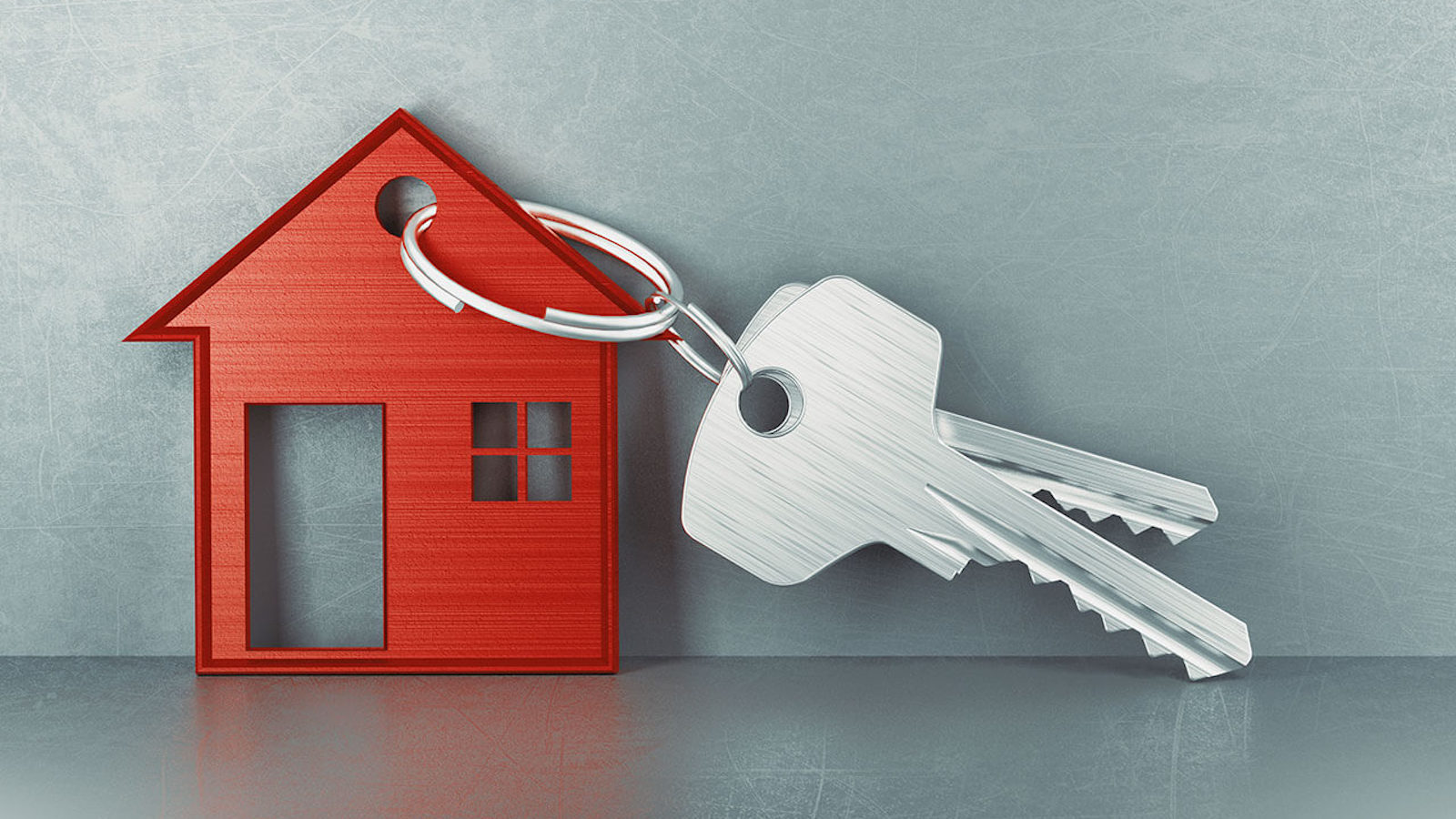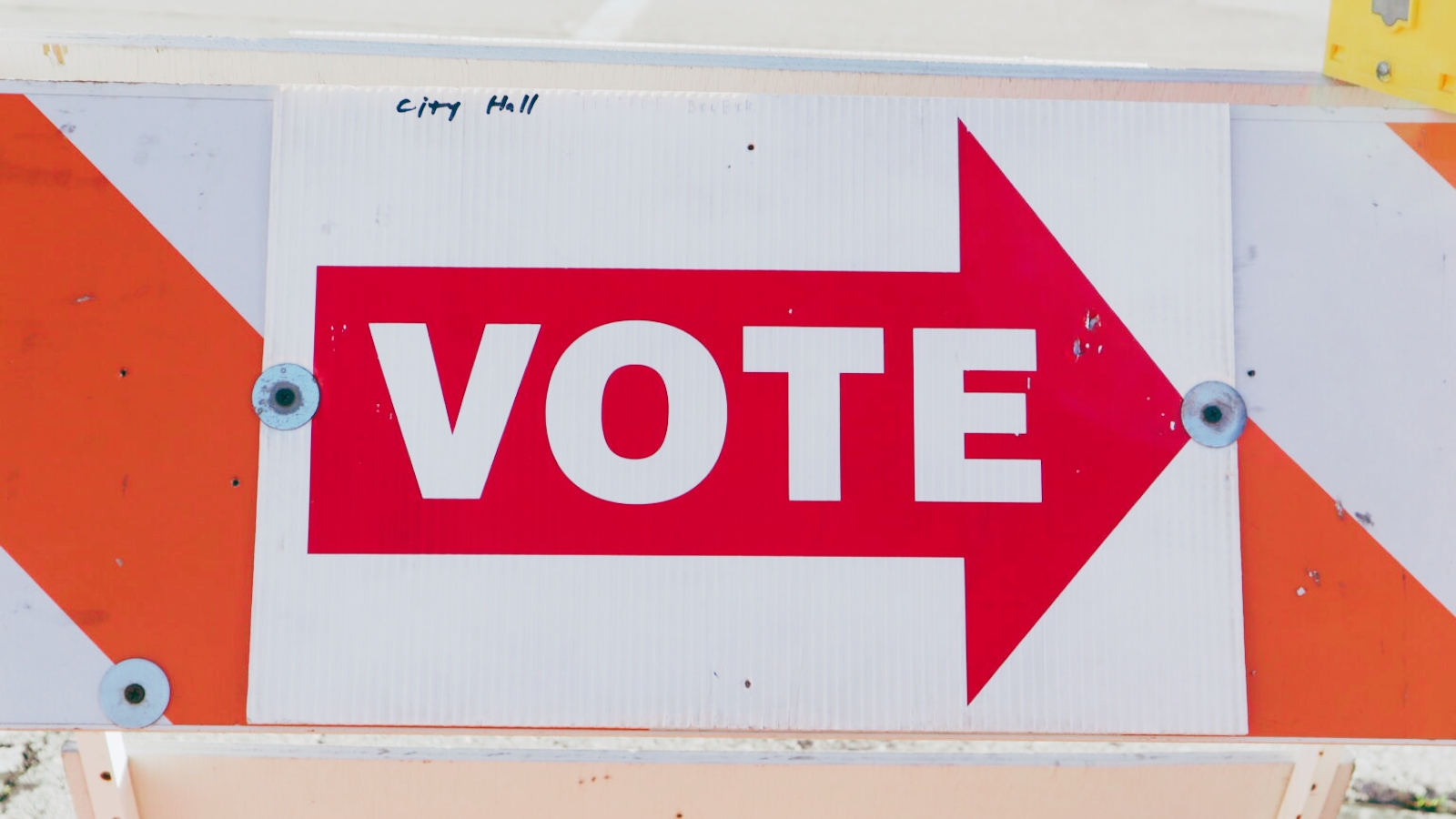
A House Is Not a Home to Government-Friendly Banks
“A crumbling pile of wood and appliances.”
That’s Vox policy wonk wunderkind Dylan Matthews’s contemptuously snarky description of a house. From a literal point of view, he’s not wrong: home ownership is an arduous, unremitting struggle against decay, a full-blown sprint across land falling away behind your heels.
Maybe I’m being dramatic. As I’m writing this, my basement carpet is still damp from last week’s flash flood in NoVa. (Don’t worry, Tim Taylors, the spanty new dehumidifier is doing its job.) I was both knee-deep in June and in ultisol last weekend digging a drainage PVC trough between our front picture window and hedges. Such is the responsibility assumed in acquiring a home. The financial weight is heavy enough. But mortgages can be satisfied; homesteading is a never-ending race, with some stretches more enervating than others.
Like any other material possession, dwellings wear, tear, break, erode, dissipate, and fall into disrepair. Something’s always broken, something’s in need of repair or replacement. The honey-do list will follow you to the grave, and before St. Peter grants entry at the pearly gate, he’ll request, on behalf of your relict, that you make a quick trip back to the corporeal realm to fix the gate latch on the outside fence. Oh, and if you’re going to Home Depot to pick up a bolt, can you also grab a bucket of off-white paint? The base molding in the living room is chipping. Then you may have eternal peace.
And yet, despite the house’s reputation as a relentless taskmaster, an owned, physical domicile remains the aspirational goal of any American seeking to truly “make it.” What enfleshes the American Dream more than a three-bedroom, two-bathroom, one-carport rancher in lazy, bowery suburbia? The author Mary Gaitskill described the suburban bungalow as a symbol of “hard-won security”; the British idiom “as safe as houses” also takes its denotation from the physical sturdiness and perdurability of set dwellings.
Despite these benefits, abode ownership remains at an historic low for the generation that’s of-age for setting down stakes and starting a family: millennials. Less than half of millennials, whose age delineation spans from 25 to 40 years of age, own a house. And it’s not from a lack of want, but of means. The inflation fit we’re experiencing is popping up prominently in the housing market, with cost jumps hitting a new record. The new benchmark comes after a decade of a steady, if bumpy, rise in the average sale price.
This cost clamber is locking millennials out of the familiar rite of passage: signing your financial well-being over to a bank for three decades just for a patch to call your own.
And the competition, already a sweltering scrum, is getting flammier. The Wall Street Journal reports that private equity firms and pension-fund managers are pushing piles of dough into property, pricing out individual buyers. Real estate consultant John Burns sums up the one-sided struggle that is now mortgage bidding: “You now have permanent capital competing with a young couple trying to buy a house.” Aspiring newlyweds trying to match the purchasing power of the bulge bracket just to have a place to lay their heads down isn’t David versus Goliath; it’s a matchlock loosing off minié balls at an incoming JDAM. The tilted dynamic also explains the mad run-up in home prices: why would sellers settle for a lone buyer taking out a glacial-pace-approved mortgage when Blackrock is offering cash above asking, sight unseen?
The tough competition, paired with climbing price digits, is why millennial home ownership rates are lagging behind their forebears. For someone of the de gustibus non est disputandum dispensation, that may not seem like a big deal: to each their own, hovel, apartment, or home!
But property ownership is no trivial thing. Aristotle called it the basis of palmy relations: discord is tempered by clear distinctions in ownership. You trim your hedges any way you want; you so much as brush my azaleas with your rusty trimmer, then you risk litigation. The Land Records office will be my witness!
Yet the act of owning entails more than just indisputable deeds. It is rooting yourself down into a specific place. Finally holding your own front-door keys is a defensive act against life’s many vagaries. Philosopher Peter King calls the house a “respite to change,” and what he describes as the “fluidity and unpredictability” of the centerless “rhizome.” This, also, may be a lath of contention with Schumpeterian libertarians who find excitement in ever-shifting modes of life. Homes are ontologically staid; inertia is their end. A house doesn’t disrupt, nor does it innovate, unless it’s Fallingwater or those sharply right angled Scandinavian-style boxes that keep cropping up in well-to-do areas. A home stays because it’s a place within a place: a town, a city, county, a country.
The home’s stationary nature extracts the responsibility of upkeep, as past defects are refurbished for future use. This toiling, while compensatory through appreciation, is its own kind of freedom. Waking up early on Saturday morning to mow the lawn is not concordant with apophatic liberty; that is, the reductive liberty of basic non-aggression. But there is liberation in the willful taking command of your own ship and steering it towards a happy horizon.
There is also a kind of tyranny in government-cozy banks buying up swaths of neighborhoods, establishing a neo-tenantry, where more Americans find themselves feodaries in what is supposed to be their homeland. Lamenting such a state of affairs isn’t a paean to the Jeffersonian ideal of a nation of yeomans tilling their own acres. Nor is it a euthanize-the-rentier cri de coeur. But it recognizes the patriotic benefit of a country in the hands of its own people, and not of the bloated, transnational counting houses with an allegiance only to stock payouts.
We can wish June was for eternity just as we wish our houses outlast us as patrimony for our children. But no house lasts forever. The vinyl siding, asphalt shingles, cedar decks, loamy flower beds, the brass door knockers, the plastic hooks on the gutters waiting year-round for Christmas lights—these will all crumble. But they’re all pieces of the human longing for home.
That universal desire should be encouraged, not shrugged away as a cost paid for our overly financialized and assetized economy. Of course, the last time the feds encouraged home ownership, pecuniary peripeteia transpired, and all those newly minted mortgages were lost anyway. The moral of the tale: ownership can’t be bought with easy fiat credit, it can only be earned through hard work and dedicated attachment.
Free the People publishes opinion-based articles from contributing writers. The opinions and ideas expressed do not always reflect the opinions and ideas that Free the People endorses. We believe in free speech, and in providing a platform for open dialogue. Feel free to leave a comment.



